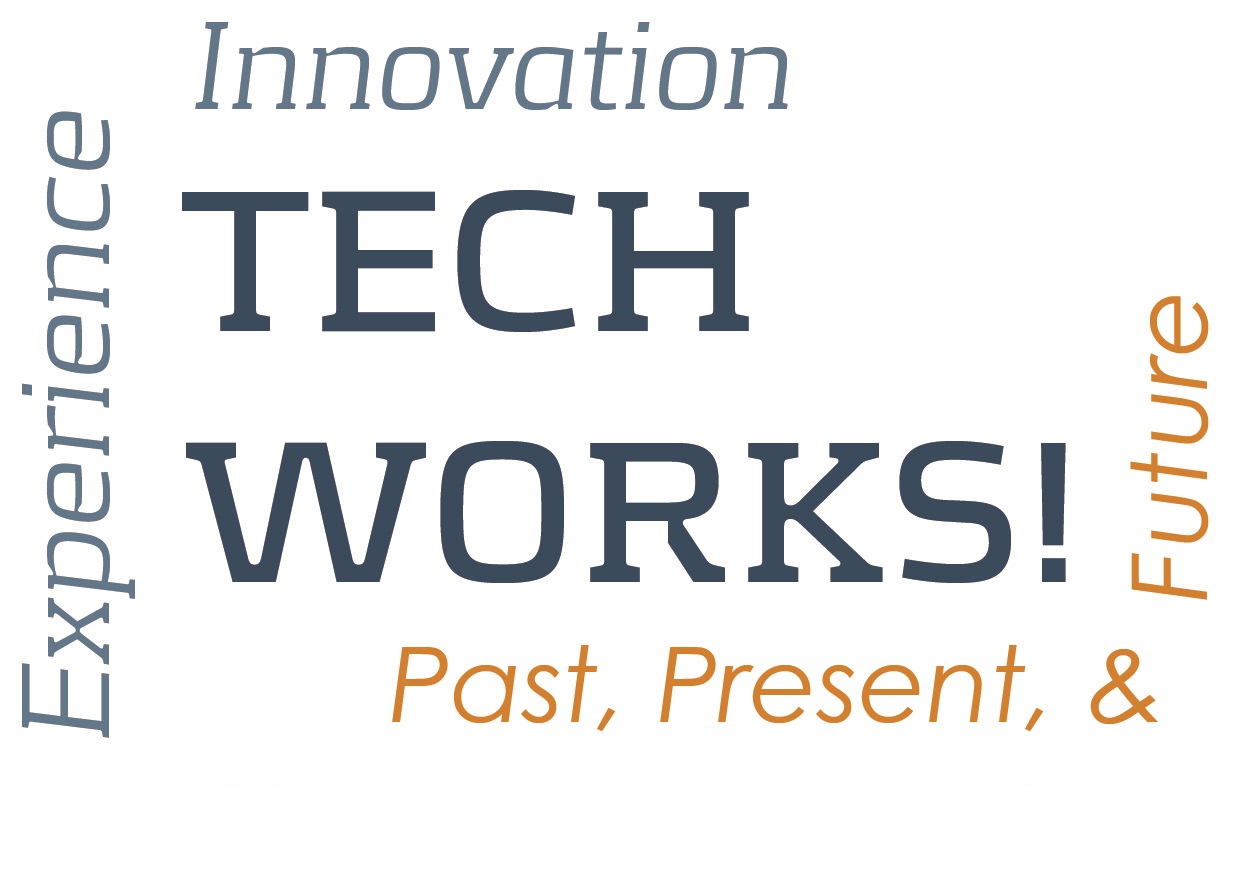Link, EJ, Ozalid
Between Mr. Stan Hayes and Mr. Bill Camp, they worked a combined total of 45 years for Link. The interviews, which were but a few short hours, only skimmed the surface of their rich experiences and histories. However, significant themes emerged from their words and expressions such as "creativity" and "meaning".
Ed Link's personal motto/philosophy was to be creative, but more importantly, their jobs required them to be so if they were going to be able to perform. Their work required initiative, vision, resourcefulness, patience, and practicality. An anecdote from Mr. Hayes illustrates this mentality: In the early years of his time with Link, Mr. Hayes was going to the airport early every morning before work for Civil Pilot training program - part of a meteorology program which he enrolled in on his own accord and by his own means - which invariably made late for work. When management confronted him (to reprimand him) he explained what he was doing and why - to gain further knowledge, understanding, and tangible applications in the field of flight training, which would surely make him better at his job in mechanical design. His supervisors were more than surprised, and they encouraged him to "be as late as he wanted to be" if that was the case.
Mr. Camp related to us how much it meant for him to be able to "follow through to the end" of a project. Many times, he was involved on a project from inception to creation and, finally, to implementation. The fact the he, and others, were involved from beginning to end, allowed them to be actively and meaningfully involved in the project; this was more than just a professional endeavor, for it allowed a crucial human element of nurturing to it. The groups of engineers, designers, programmers, supervisors, flight trainers, etc. were united in a collective effort. This was integral to the success of the projects. Further, Mr. Camp told us of the personal and professional satisfaction he felt when he would run the program, or when he would push the button and the project would come to life. His telling of the account expresses that it was more than just a product, or a project, and it goes beyond just "innovation" - it was an act of creation.
Mr. Hayes was part of the "thumb and rule" designers, meaning he went through his "schooling" on the job - and that this school was ongoing. Always learning, always looking ahead, and always reaching for the stars. That type of mentality, Mr. Hayes alluded had something to do with the fact that Link Aviation was part of the Apollo Program, but more importantly because people were always pushing the limits of technology, and imparting meaning to a field that had not yet been written.

